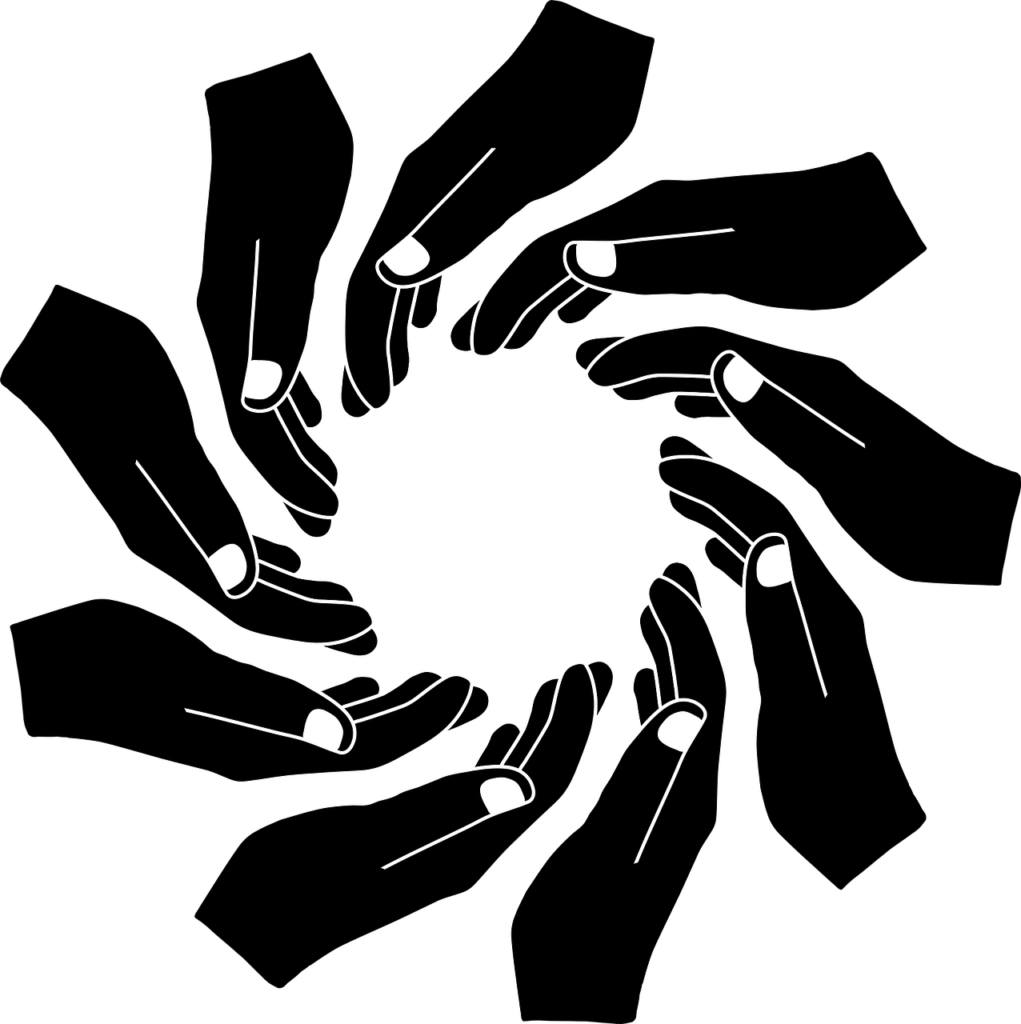A friend of mine (we’ll call her Becky for now) prepares meals for the homeless. Every other Sunday she drives her SUV to a nearby homeless camp, opens up the back of her vehicle, and feeds as many people as she can with the soups and sandwiches she made the day before. What I notice about Becky is that she gets really excited and happy on the days when she’s feeding the homeless. As it turns out, giving her time, talents, and money to help other people leads to an indescribable high that Becky doesn’t necessarily feel on the other days of the month.
It’s the holiday season, and giving is top of mind. You may be well aware that it’s good to help others, but what many people overlook is the fact that giving back or helping others can be good for your mental health. Let’s explore why that’s often the case.
Why giving makes you feel good
That warm and fuzzy feeling is real. Giving to others can boost your mental health in a number of ways. It comes in the form of a chemical response that takes place when your brain releases serotonin, dopamine, and oxytocin. Together these are the chemicals that regulate your mood, give you a sense of pleasure, and help you feel more connected with other human beings. That could translate to everything from less stress on a daily basis to, in some cases, a longer lifespan.
How to give
- Donate money to a person, charity, or cause. According to research, the happiness that comes from giving is at its highest when the giver has a choice about how much to give. This probably has a lot to do with the motive behind the giving. Are you giving because you want to or because compelling outside forces are pushing you in that direction?
- Help the people around you. Think about Becky and how she chooses to give to the homeless in her community by using her talents as a cook. This type of giving goes beyond a monetary donation to include time and talents. It’s possible that Becky feels better on the days when she delivers meals to the homeless because she experiences a greater sense of purpose, which in turn boosts her self-esteem. There are numerous ways to help the people around you, from raking leaves in an elderly neighbor’s yard to offering to babysit for a young mother.
- Volunteer. In 2017, United Healthcare conducted a study that revealed some remarkable statistics about people who volunteered during the previous year. Notably, of the respondents who spent time volunteering, 75% felt physically better, 70% felt less stress, and a whopping 88% noticed increased self-esteem. Other studies have revealed everything from improved cardiovascular health to a reduced risk of dementia. When you volunteer, it’s nice to know you’re helping others while also helping yourself. So, look for opportunities in your community to volunteer, from reading to kids at the local elementary school to providing IT help for older individuals. The possibilities are endless.
Image by Gordon Johnson from Pixabay
Dr. David Lowenstein is a Columbus, Ohio-based psychologist with more than 35 years of experience. He conducts individual, family, and group therapy sessions in his German Village office and also via telehealth. Dr. Lowenstein is also available for expert forensic testimony, and for educational workshops and presentations. He is frequently called upon as an expert source for print, radio, and broadcast media. Contact Dr. Lowenstein at Lowenstein & Associates, 691 South Fifth Street, Columbus, Ohio, 43206, or call 614.443.6155 or 614.444.0432.


